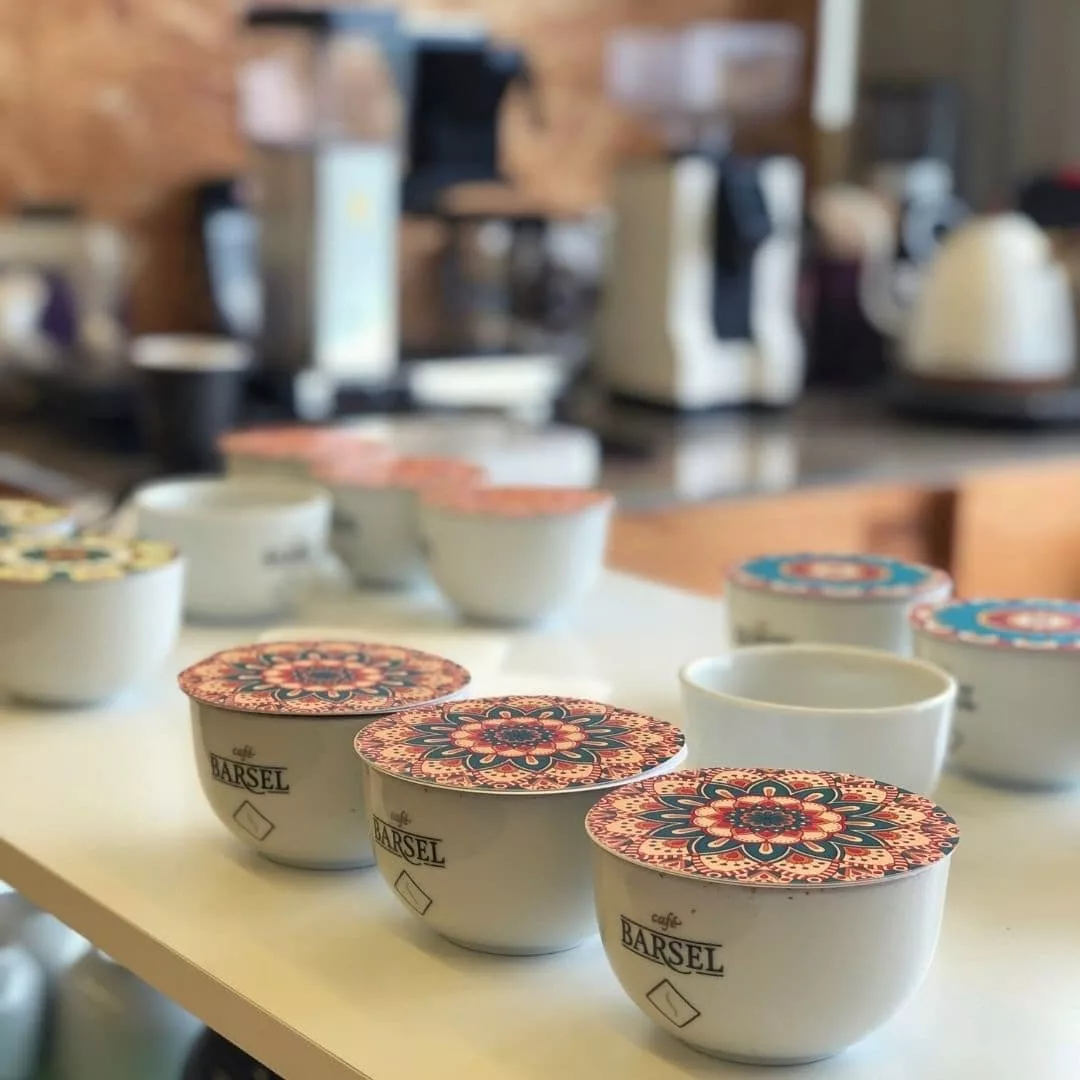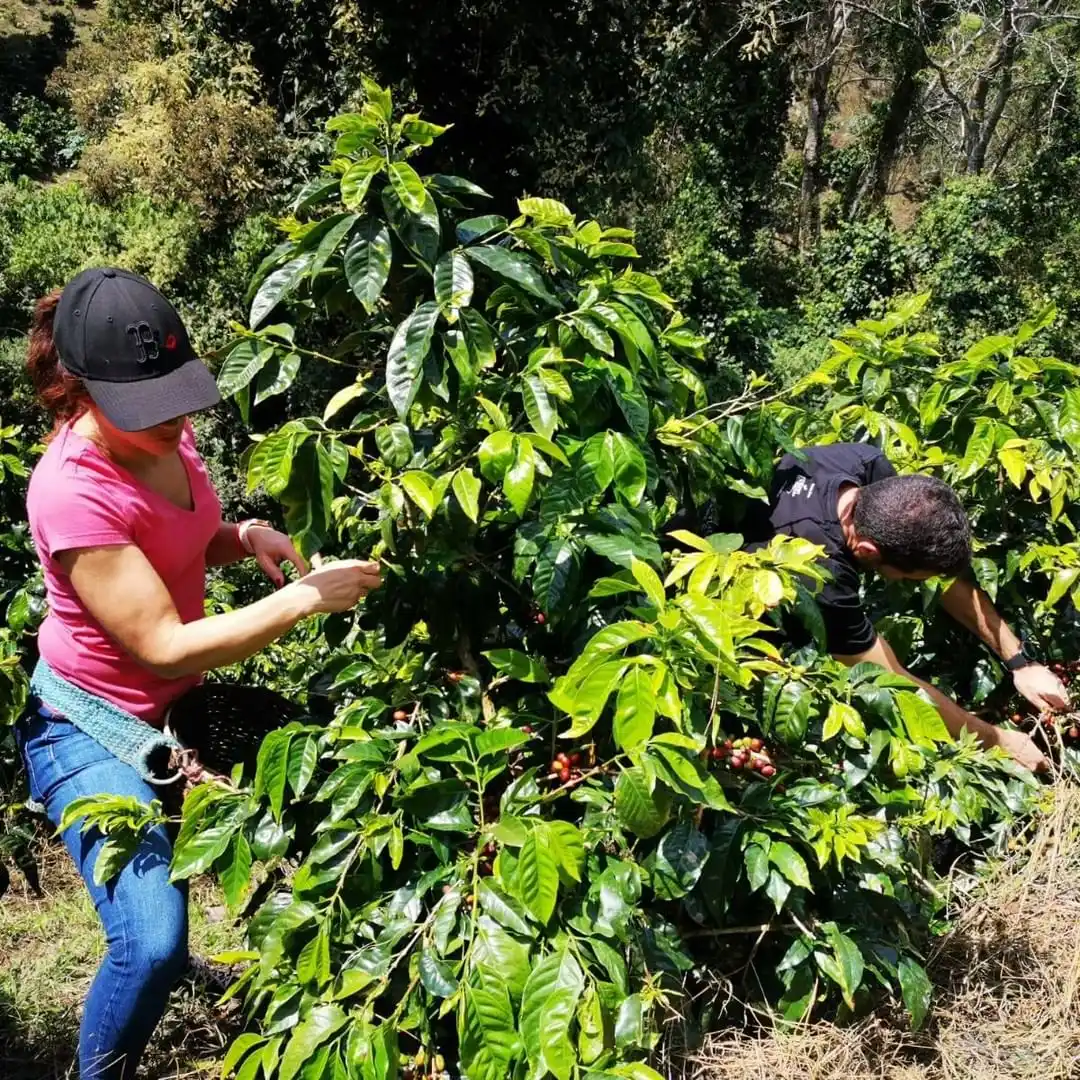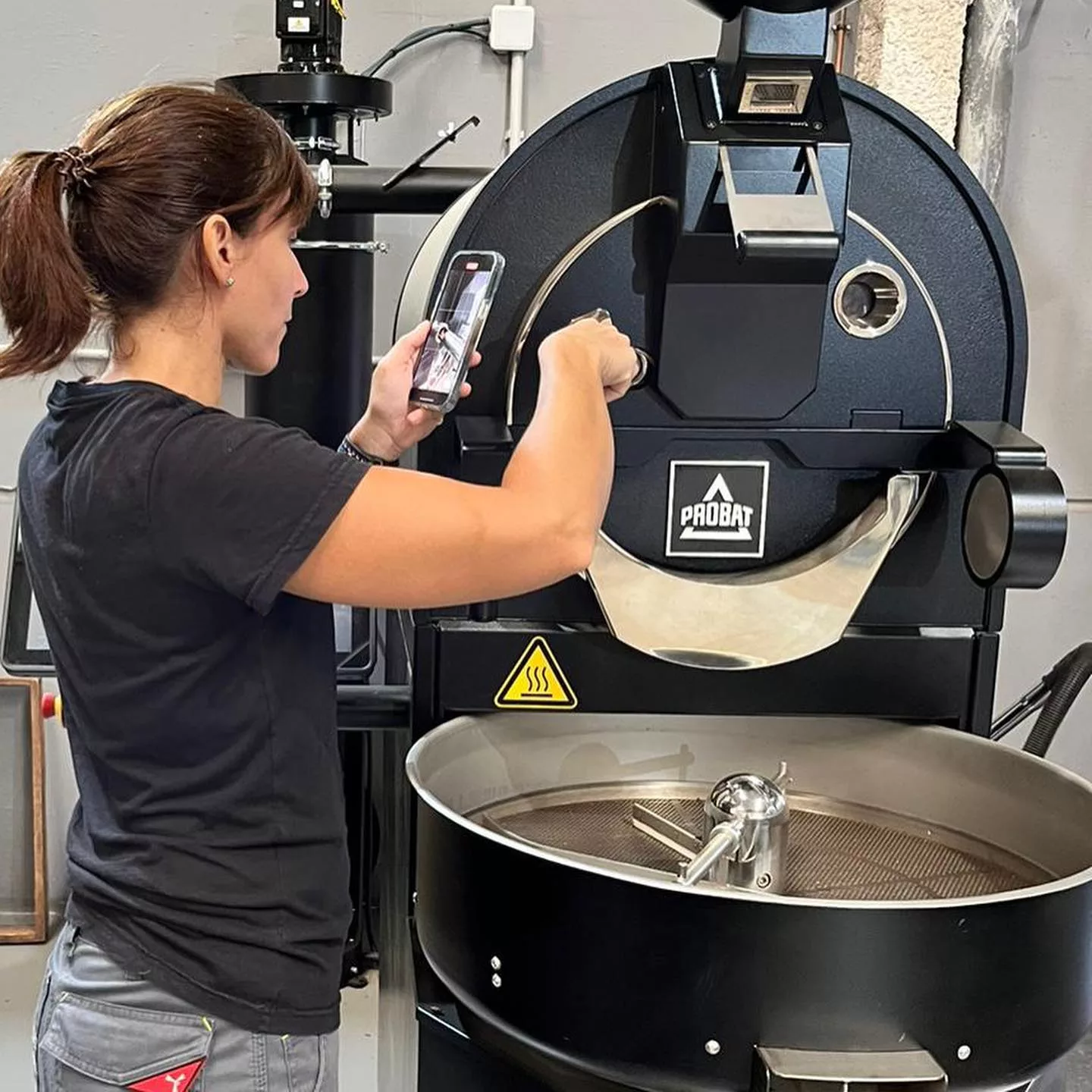Specialty coffee is a high-quality type of coffee made from Arabica beans. It is characterized by scoring over 80 points according to the Specialty Coffee Association (SCA). Q Graders, certified coffee tasters, are the ones who evaluate and rate this coffee. In this article, we will explore the characteristics of specialty coffee, the grading process, the meticulous work involved in all stages of its production, its sustainable production and support for local businesses, the debate surrounding its definition, and the challenges it faces in the supply chain.
What is specialty coffee?
Specialty coffee is a high-quality type of coffee distinguished by its unique characteristics and meticulous production process. It's not just an ordinary beverage, but a truly sensory experience that delights the palate. Below, we'll explore the main characteristics of specialty coffee, the rigorous scoring and certification established by the SCA, and the grading process conducted by expert Q Graders.
Characteristics of specialty coffee
Specialty coffee stands out for its exceptional flavor and lack of defects, achieved through its unique origin and the special care given to it at every stage of production. Each cup of specialty coffee is characterized by a balanced combination of distinct flavors, aromas, and subtle nuances that set it apart from other types of coffee. Furthermore, it is distinguished by its body and balanced acidity, making it a truly pleasurable experience for the palate.
SCA scoring and certification
The Specialty Coffee Association (SCA) uses a rigorous scoring system to determine the quality of specialty coffee. This system is based on a 100-point scale, with coffees scoring above 80 considered specialty. This rating is determined through thorough evaluations by Q Graders, SCA-certified coffee tasters with extensive experience and knowledge of coffee.
Q Graders Grading Process
Q Graders conduct a meticulous grading process for specialty coffee. Using cupping techniques and highly developed sensory skills, they evaluate aspects such as aroma, flavor, acidity, body, and overall balance. To maintain their certification, these experts must have their palates calibrated every three years and are committed to ensuring the quality and consistency of specialty coffee at all times.

Thorough work at all stages of the process
Specialty coffee is distinguished by the careful work carried out at all stages of the process, from seed selection and soil nutrition to the coffee processing and storage, including monitoring for diseases and fungi in the plants.
Seed selection and soil nutrition
In specialty coffee production, farmers pay special attention to the proper selection of the seed. They seek out high-quality Arabica coffee varieties and cultivate healthy, strong plants. Furthermore, they take care to nourish the soil properly, using natural fertilizers and maintaining a balance of the nutrients necessary for the optimal growth of the coffee plants.
Coffee processing and storage
Once the coffee beans are harvested, they undergo a processing method that removes the pulp and mucilage surrounding them. This process can vary, but the goal is to obtain clean beans free of impurities. Afterward, the beans are dried and stored under suitable conditions to preserve their quality and flavor.
Monitoring of diseases and fungi in plants
Specialty coffee farmers constantly monitor their plants for diseases and fungi that could affect their health and quality. Preventative measures are implemented, and organic methods are used to sustainably control and combat these pests.

Sustainable production and support for local businesses
Specialty coffee stands out not only for its quality, but also for its commitment to sustainability and support for local businesses. These practices play a fundamental role in preserving the environment and in the economic development of the producing communities.
Use of renewable resources
Specialty coffee production aims to utilize renewable resources native to each region. This involves implementing sustainable agricultural techniques, caring for and conserving the soil, and protecting local biodiversity.
Traceability of specialty coffee
Traceability is one of the key characteristics of specialty coffee. Each batch of coffee is carefully recorded and labeled, allowing consumers to know its origin, the producer, the bean variety, the altitude at which it was grown, and the processing method. This provides transparency and assures consumers that they are purchasing a high-quality, sustainable product.
Importance of specialty coffee in the local economy
Specialty coffee plays a significant role in the local economies of coffee-producing regions. The focus on quality and sustainable production generates employment, drives the growth of local businesses, and fosters coffee-related tourism. Furthermore, by valuing local production, it promotes fairer trade and strengthens the economies of coffee-growing communities.

The debate on the definition of specialty coffee
Specialty coffee has generated considerable debate within the coffee community, particularly regarding its precise definition and the criteria that determine it. Below, we'll explore some of the discussions and opinions surrounding this topic.
The third wave of coffee and its practices
Within the specialty coffee debate, the emergence of the "third wave of coffee" is often mentioned. This trend focuses on attitudes and practices beyond the quality of the bean itself, such as manual brewing and the exploration of different varieties.
Proponents of this movement argue that specialty coffee is not only about the individual quality of the coffee itself, but also about the experience surrounding its preparation and consumption. The aim is to highlight the coffee's unique flavors and aromas, as well as the artisanal skill of the baristas in its preparation.
Aspects beyond certification
On the other hand, some argue that specialty coffee should not be limited solely to the certification criteria established by the SCA. These advocates contend that other important aspects must be considered, such as sustainable practices in coffee cultivation and transportation, as well as support for the local communities involved in its production.
The focus on sustainability encompasses everything from using renewable resources native to each region to minimizing pollution and ensuring the traceability of specialty coffee. The positive economic impact of this type of coffee on local producing communities is also highlighted.
Divergent opinions and visions
In the debate surrounding the definition of specialty coffee, it is common to find divergent opinions and perspectives. Some argue that specialty coffee is based solely on the quality of the bean and its objective grading, while others believe it encompasses a broader set of practices and approaches.
It's important to recognize that these different perspectives enrich the conversation and allow for a greater understanding of specialty coffee. As the industry evolves, new interpretations and approaches to what truly makes coffee special are likely to emerge.
- The third wave of coffee and its practices
- Aspects beyond certification
- Divergent opinions and visions
Enjoy the best specialty coffee
View all SPECIALTY coffeesChallenges and lack of knowledge in the production chain
Specialty coffee faces challenges and obstacles throughout the entire production chain, from bean selection to preparation in coffee shops. These challenges arise from a lack of knowledge and awareness surrounding specialty coffee, preventing its qualities and potential from being fully realized. Below, we will explore some of the main challenges and how they affect the production chain.
Sensitivity and preparation in cafes
One of the most significant challenges is the lack of sensitivity and knowledge in coffee shops when preparing specialty coffee. Often, good coffee is purchased, but it's prepared conventionally, without taking full advantage of its unique characteristics and flavors. It's essential that baristas are trained in proper coffee extraction, adjusting grind size, temperature, and brewing time to highlight all the qualities of specialty coffee.
Blend of specialty coffee with commercial coffee
Another significant challenge is the blending of specialty coffee with lower-quality commercial coffee. This practice negatively impacts the quality and perception of specialty coffee. Maintaining the integrity and purity of specialty coffee is crucial, avoiding any blending with inferior coffee. This requires careful control at every stage of production, from cultivation to final packaging.
Importance of educating and raising awareness throughout the supply chain
To overcome these challenges, it is essential to educate and raise awareness among all stakeholders in the specialty coffee supply chain. From farmers to baristas and consumers, it is crucial to understand the importance and value of this unique coffee. Promoting ongoing training, disseminating information about production processes, and highlighting the qualities and benefits of specialty coffee are key actions to generating greater recognition and appreciation throughout the entire supply chain.
Despite the growth and popularity of specialty coffee, there is still a way to go to fully realize its potential. Overcoming the challenges of a lack of knowledge and awareness will require a concerted effort from all stakeholders and greater promotion of education about specialty coffee.






